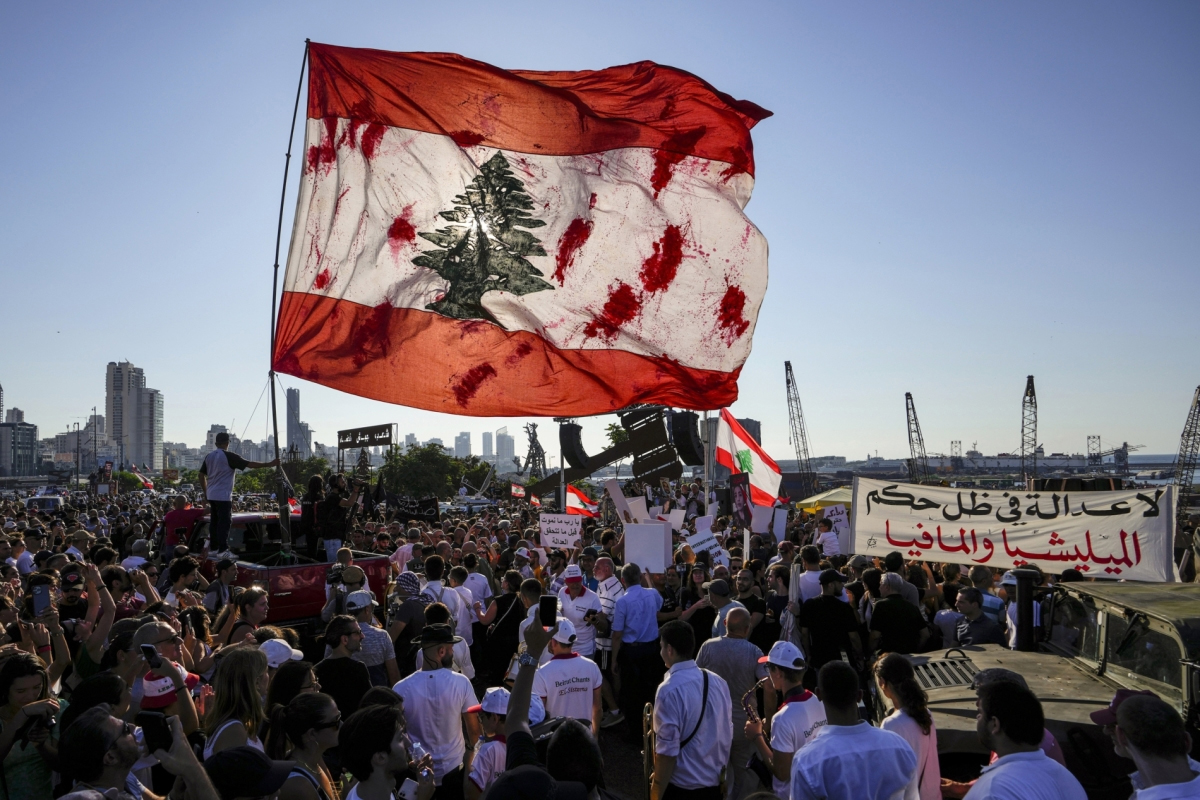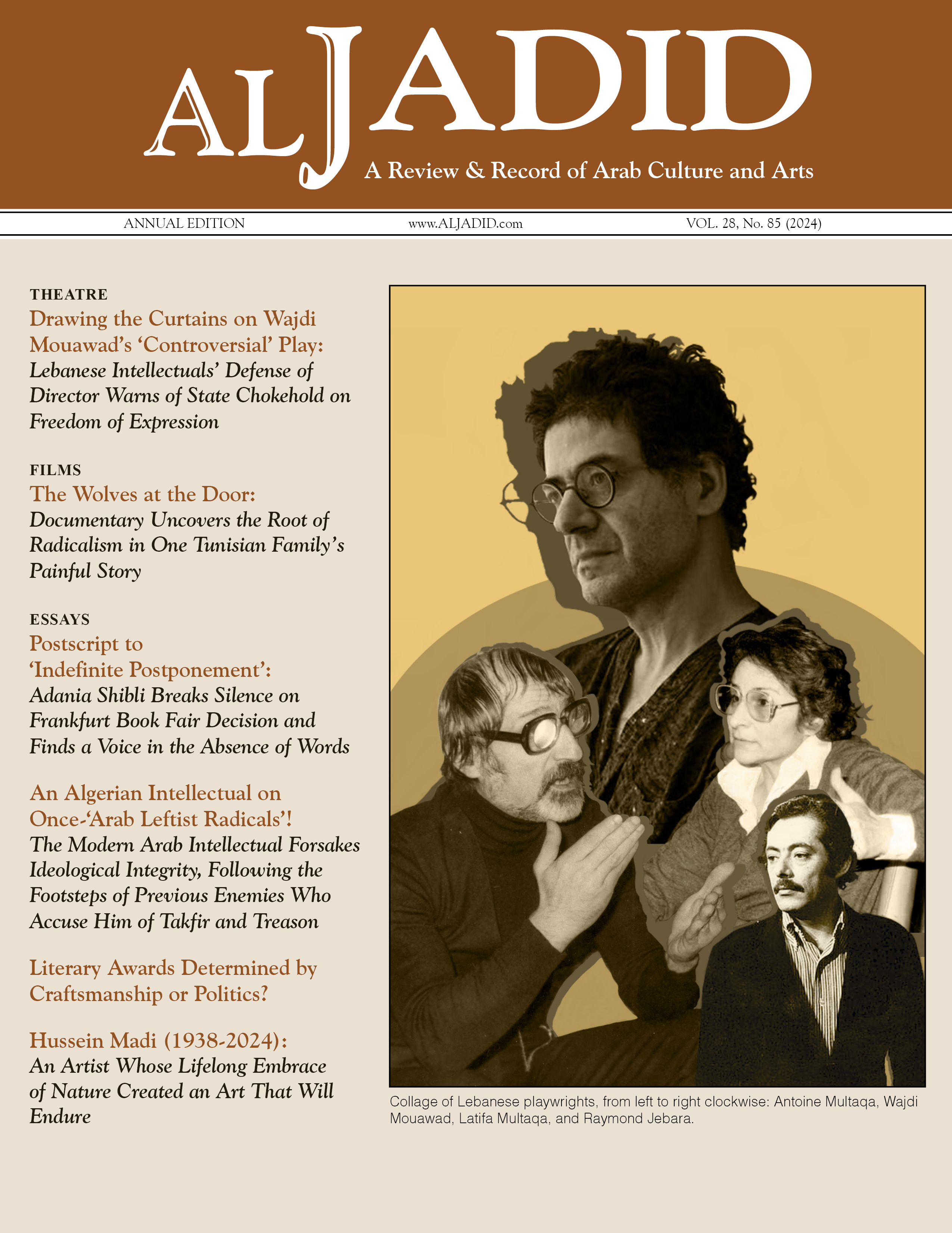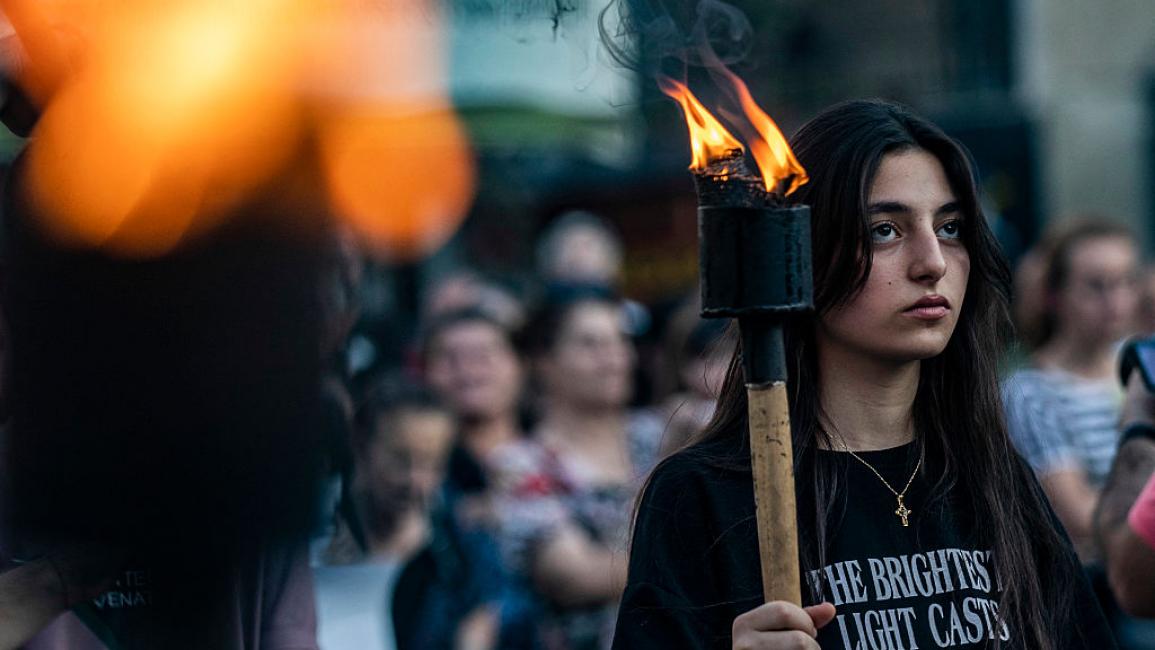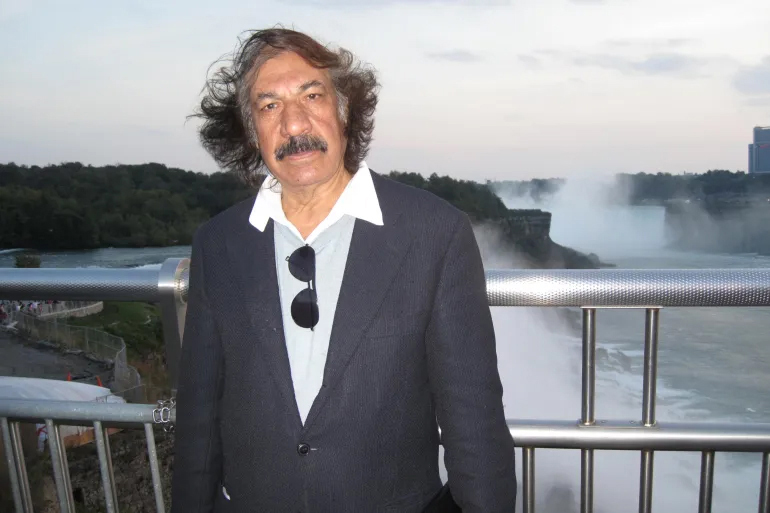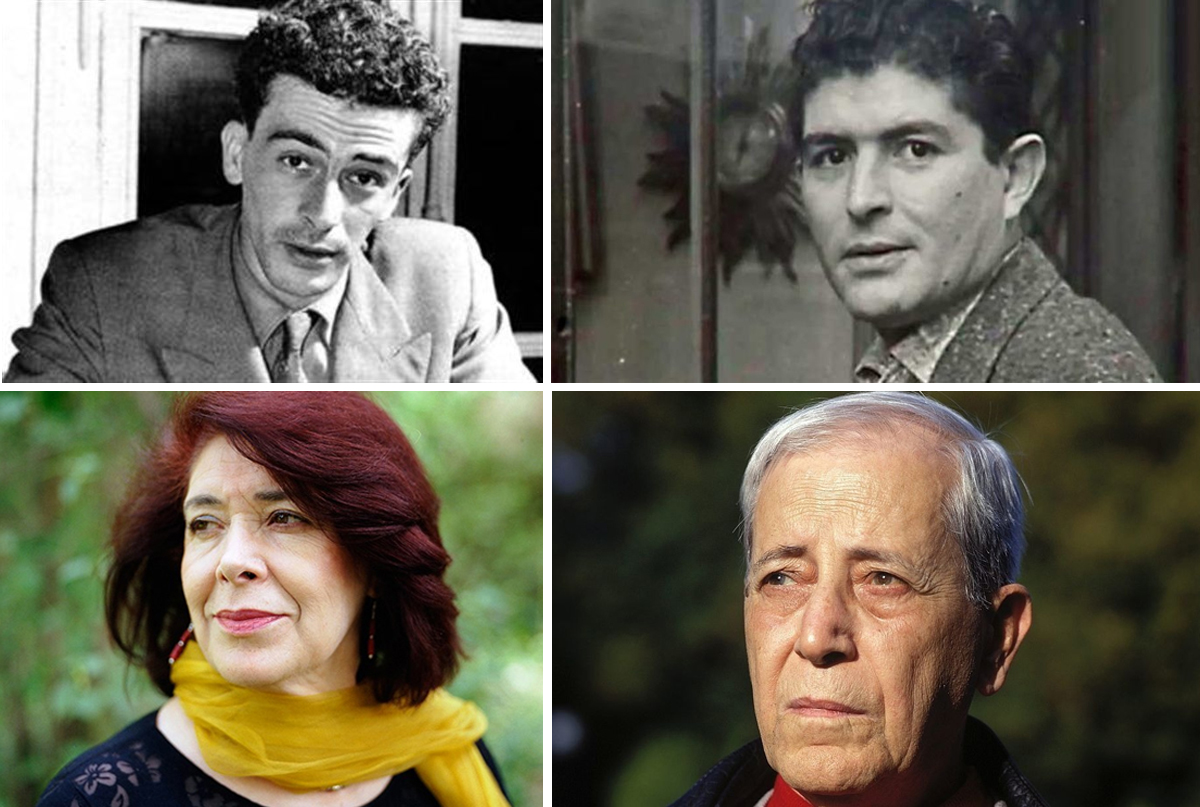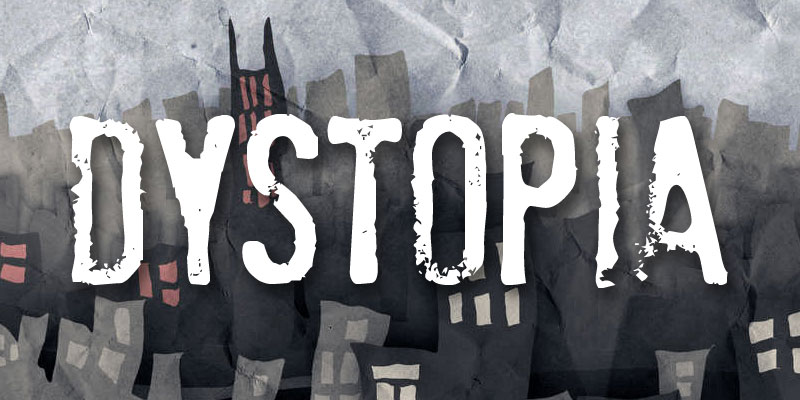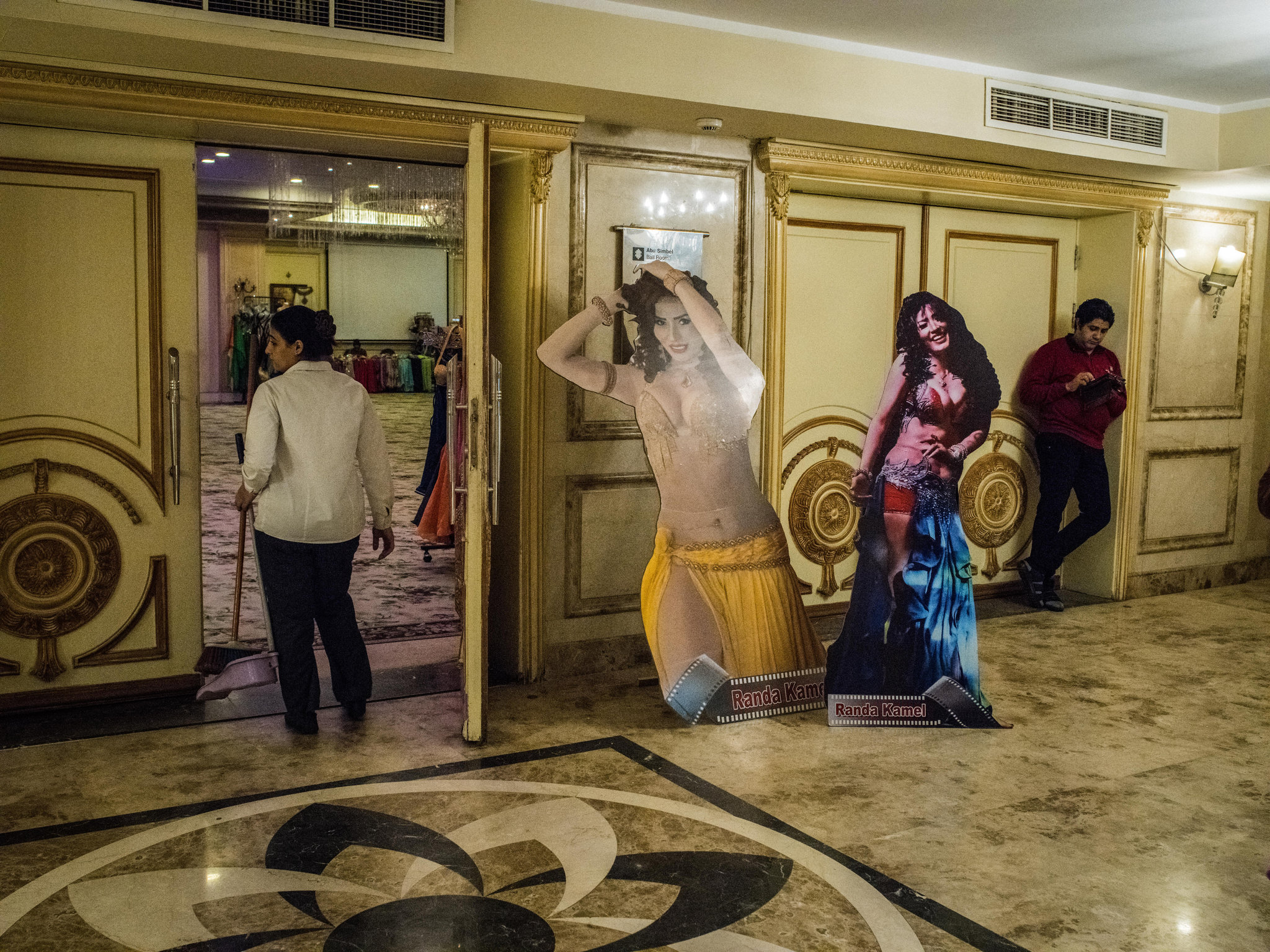
Leila Slimani: Demolishing Barriers with Literature and Francophone Values
Beyond her award-winning novels, the public knows Moroccan-French novelist Leila Slimani for her advocacy of francophone values, promoting the French language, a culture of diversity and openness, as well as for her support for women’s rights. During the French presidential elections, Ms. Slimani accompanied President Emmanuel Macron in his visit to Morocco, encouraging Moroccan-French citizens to vote for him against the right-wing and ethnocentric Marine Le Pen.
Dystopic Trends in Modern Arabic Literature
In the first two decades of the 21st century, the Arabic literary scene has witnessed a new trend in fiction in the form of a dystopian narrative. Where Arabic research has mainly focused on Classic Western utopias as characterized by the writings of Thomas More, Tommaso Campanella, Samuel Butler, and 20th-century Western dystopian fiction, the rise of Arabic authors exploring the dystopian genre has caught the attention of Western readers.
The Passing of Two Women, Very Different, But Bonded By Their Search For Peace
Two strong women’s lives never crisscrossed, coming from different worlds, politically, socially and economically, yet their missions in life were somewhat similar. Kathy Kriger and Hatidza Mehmedovic each worked towards standing up against injustice, in their own ways, regardless of their backgrounds. Kathy Kriger, born Kathleen Anne Kriger, served as the United States’ diplomat in Morocco for several years, living what many would consider a comfortable life in a prestigious position. In the wake of September 11 and the
‘Egyptian-American’: The Hyphenated Experience
Looking Both Ways
By Pauline Kaldas
Cune Press, 2017
Something about Pauline Kaldas’ new memoir makes you feel both adrift and at home – sensations normally at war with each other.
‘Traveling Scholar’ Ella Shohat: The Contradictions and Challenges of Being an Arab Jew
As a public intellectual, Ella Shohat has found that her personal history profoundly informs her scholarship. Born in Israel to Iraqi parents who had migrated to that country after 1948, Shohat grew up in an Israeli culture that discriminated against Mizrahi Jews.

